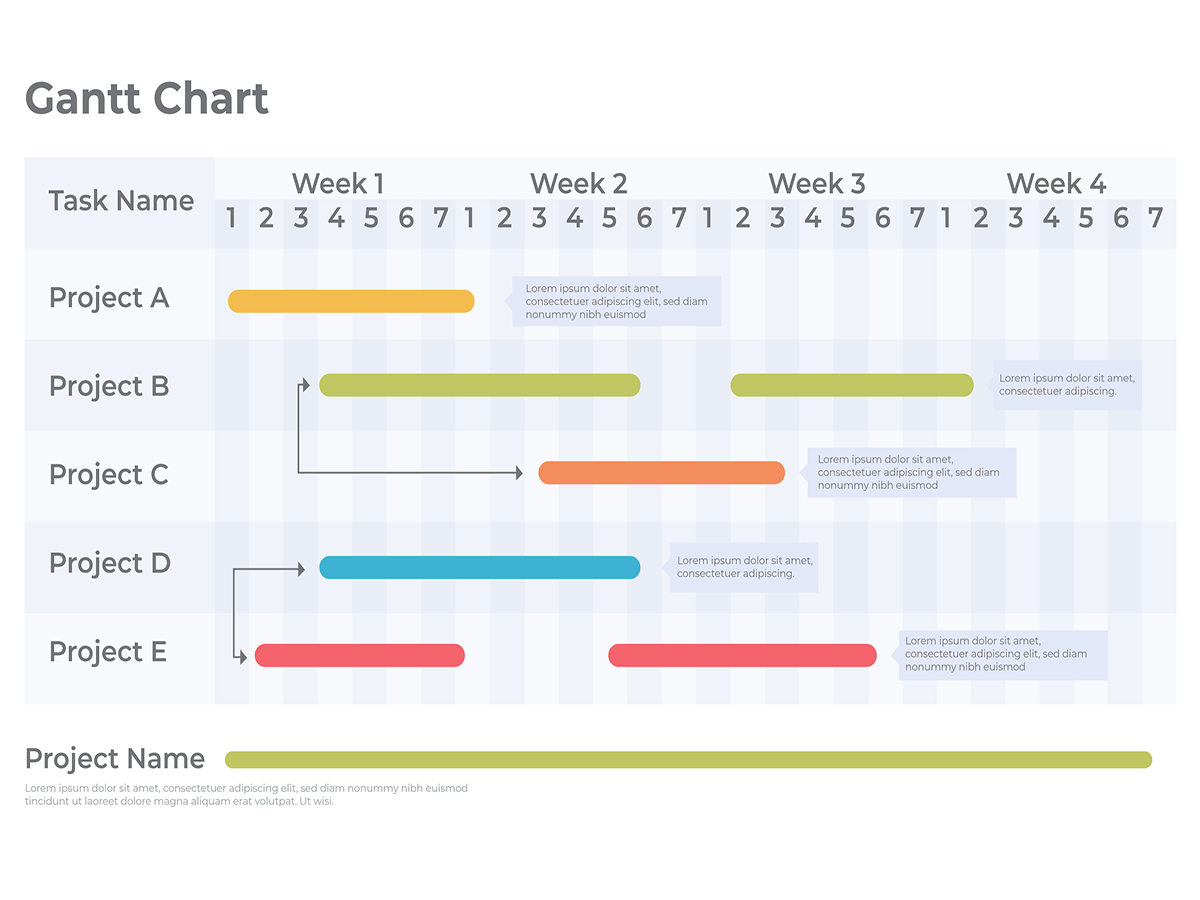Understanding Project Scheduling in Software Engineering

Stay Informed With Our Weekly Newsletter
Receive crucial updates on the ever-evolving landscape of technology and innovation.
Project scheduling in software engineering is a critical aspect of project management that ensures the timely delivery of software products.
It involves the process of planning, estimating, coordinating, and controlling resources to ensure that software development projects are completed within the stipulated time frame.
Effective project scheduling can significantly enhance the efficiency of software development teams, improve project outcomes, and increase client satisfaction.
We dive into the intricacies of project scheduling in software engineering, highlighting its importance, techniques, challenges, and best practices.
The importance of project scheduling in software engineering

Effective project scheduling plays a crucial role in various fields, particularly in software engineering.
It is essential for ensuring the successful completion of projects within the set timelines and allocated resources.
It provides a roadmap for the project, outlining the sequence of tasks to be performed, their dependencies, and the time allocated for each task.
This clarity helps the project team to understand their roles and responsibilities, thereby enhancing their productivity and efficiency.
Moreover, project scheduling in software engineering aids in resource allocation.
It enables project managers to assign resources optimally, ensuring that no resource is overused or underutilised.
This balance helps to prevent burnout and enhances the overall productivity of the team.
Project scheduling in software engineering also facilitates risk management.
By identifying potential bottlenecks and delays early in the project, managers can devise contingency plans to mitigate these risks.
This proactive approach helps to maintain the project’s momentum and ensures its timely completion.
Techniques of project scheduling in software engineering
Gantt charts

Gantt charts are a popular technique for project scheduling in software engineering.
They provide a visual representation of the project schedule, depicting the start and end dates of the various tasks and their interdependencies.
This visualisation aids in understanding the project’s flow and identifying potential bottlenecks.
Additionally, Gantt charts facilitate progress tracking and enable team members to stay on the same page when shared.
By comparing the planned schedule with the actual progress, project managers can identify deviations and take corrective actions promptly.
This proactive approach helps to keep the project on track and ensures its timely completion.
Critical Path Method (CPM)
The Critical Path Method (CPM) is another widely used project scheduling technique in software engineering.
It involves identifying the longest sequence of tasks in a project, known as the critical path. This path determines the shortest possible duration for the project.
CPM aids in prioritising tasks. Tasks on the critical path have zero slack time, meaning any delay in these tasks will delay the entire project.
Therefore, these tasks are given the utmost priority to ensure the project’s timely completion.
Challenges in project scheduling in software engineering
Despite its importance, project scheduling in software engineering is fraught with challenges.
One of the primary challenges is the estimation of task durations.
Due to the complex and dynamic nature of software development, accurately estimating the time required for each task can be difficult.
This inaccuracy can lead to schedule overruns and project delays.
Another challenge is the management of task dependencies.
In software engineering, tasks are often interdependent, meaning the start or completion of one task depends on another.
Managing these dependencies while maintaining the project schedule can be a daunting task.
Furthermore, resource constraints can pose a challenge to project scheduling.
Limited resources, such as personnel, equipment, and budget, can restrict the project’s progress and lead to schedule overruns.
Best practices for project scheduling in software engineering

Despite these challenges, effective project scheduling in software engineering can be achieved by following best practices.
One such practice is to involve the project team in the scheduling process.
This involvement enhances the accuracy of task duration estimates and fosters a sense of ownership among the team members.
Another best practice is to use project scheduling tools. These tools automate the scheduling process, reducing the likelihood of errors and enhancing the efficiency of the project team.
They also provide real-time updates, facilitating prompt decision-making.
Lastly, it is essential to review and update the project schedule regularly.
This review ensures that the schedule reflects the current project status and allows for timely adjustments in response to changes in project scope, resources, or priorities.
In conclusion
Project scheduling in software engineering is a vital aspect of project management that ensures the timely and efficient delivery of software products.
Understanding its importance, techniques, challenges, and best practices allows project managers to enhance their project scheduling skills and improve their project outcomes.
Improve your project scheduling and project management skills by enrolling in the Institute of Data’s comprehensive Software Engineering programme.
Our accredited programmes are designed to equip you for a successful future in the ever-growing software engineering field.
If you would like to learn more about our programmes or speak to a member of our team about them, we encourage you to schedule a complimentary career call with a member of our local team.




